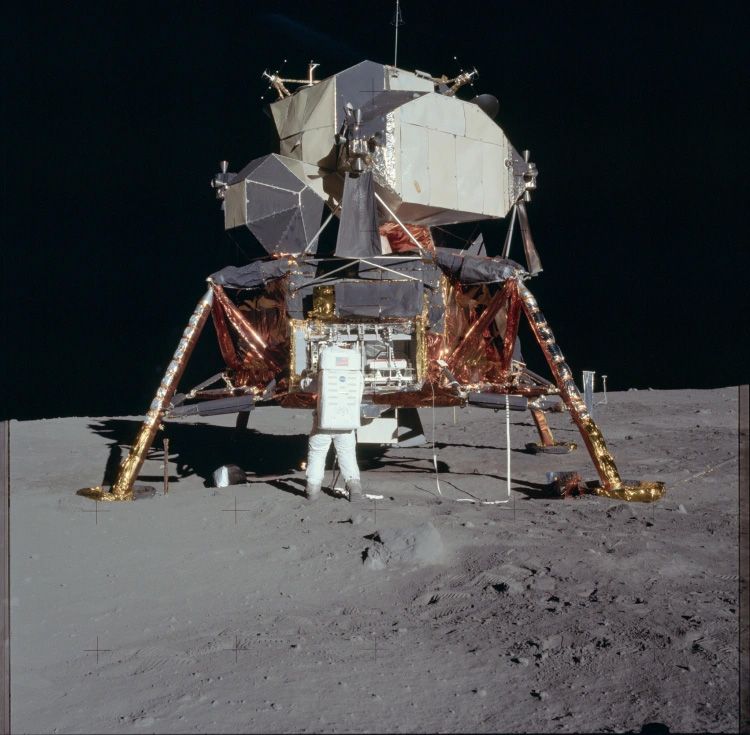On July 20, 1969, humanity walked on the Moon for the very first time.
Astronauts Neil Armstrong and Edwin “Buzz” Aldrin touched down in the Sea of Tranquility at 4:18 p.m. EDT (20:18 UTC). Along with Michael Collins, who piloted NASA’s Columbia module around the Moon, Armstrong and Aldrin were the crew of Apollo 11, the first of six Apollo missions to land on the lunar surface.
Fifty-three years later, July 20 is now known as “International Moon Day,” and our Artemis missions are preparing us to return to the Moon for long-term lunar exploration—while expanding our presence in low-Earth orbit and getting us ready for future missions to Mars.
? Learn more about the Apollo 11 mission: https://nasa.gov/apollo11
? Follow Apollo 11 mission updates as they happened in “real-time” 53 years ago: https://lnkd.in/esHEwMh
? Join us as we broadcast our original footage of the Apollo 11 moonwalk, starting at 5 p.m. EDT (21:00 UTC) on July 20: https://nasa.gov/live
The National Aeronautics and Space Administration (NASA) is an independent agency of the US federal government responsible for the civil space program, aeronautics research, and space research.



